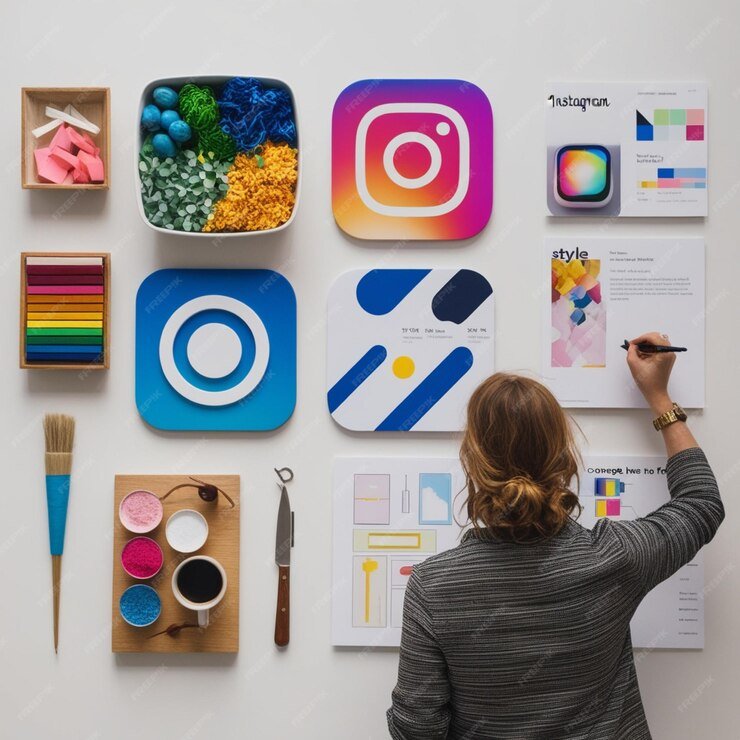How to Design a Logo for Social Media Branding

Designing a logo for social media branding requires a thoughtful approach to ensure it resonates with your target audience and stands out across various platforms. A great social media logo is versatile, eye-catching, and communicates your brand’s message effectively. This guide provides a detailed roadmap for creating a logo that thrives in the digital space, covering essential aspects such as understanding platform-specific requirements, choosing colors and typography that pop on-screen, and ensuring adaptability for profile pictures, banners, and posts. Learn how to craft a logo that builds brand recognition, increases engagement, and reflects your business’s core values.
- Understanding the Role of Social Media in Branding
- Social media as a primary touchpoint for your audience.
- Why a memorable logo is crucial for digital recognition.
- Researching Your Target Audience
- Analyze demographics and preferences to tailor your design.
- Study competitors’ logos to identify trends and gaps.
- Platform-Specific Considerations
- Create logos that fit different social media dimensions (e.g., Instagram profile picture, YouTube banner).
- Ensure legibility at smaller sizes for platforms like Twitter and Facebook.
- Focus on Simplicity and Clarity
- Avoid cluttered designs to maintain visual impact in small spaces.
- Opt for minimalist elements to make your logo memorable.
- Choosing the Right Colors
- Select bold, vibrant colors that catch attention on digital screens.
- Align your color scheme with your brand identity and emotional appeal.
- Typography for Social Media Logos
- Use clean, readable fonts that scale well across devices.
- Avoid overly intricate or cursive styles for small icons.
- Designing for Versatility
- Create variations of your logo (monochrome, transparent backgrounds).
- Ensure it works well on dark and light backgrounds.
- Leveraging Iconography
- Incorporate symbols or icons that visually communicate your brand’s essence.
- Balance the icon and text elements for adaptability.
- Testing Across Platforms
- Preview your logo on different devices and platforms to ensure consistency.
- Gather feedback from users or focus groups to refine the design.
- Animation and Motion Logos
- Explore animated versions of your logo for stories and video content.
- Use subtle motion graphics to enhance engagement without losing essence.
- Staying On-Brand
- Ensure your logo aligns with your brand’s voice and messaging.
- Incorporate elements that reflect your unique selling points (USPs).
- Importance of Scalability and File Formats
- Save your logo in vector formats for sharp scaling.
- Prepare different file types (e.g., PNG, JPEG, SVG) for diverse uses.
- Adapting Trends Mindfully
- Incorporate modern design trends while maintaining timeless appeal.
- Avoid over-designing to stay relevant in the long term.
- Engaging Your Audience
- Run polls or campaigns to involve followers in the logo design process.
- Use your logo creatively in posts, reels, and stories to maximize exposure.
- Tracking Performance
- Monitor engagement metrics to evaluate your logo’s impact on social media.
- Make adjustments based on analytics and audience feedback.














